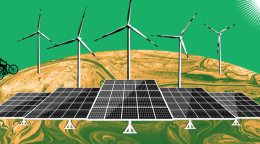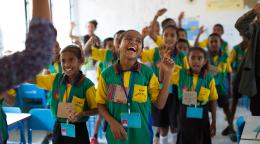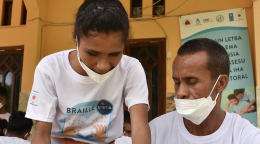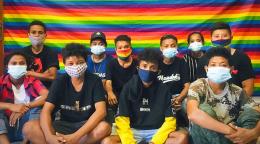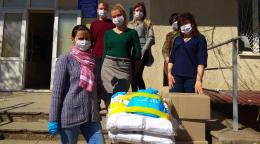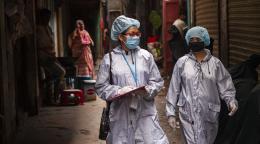Timor-Leste
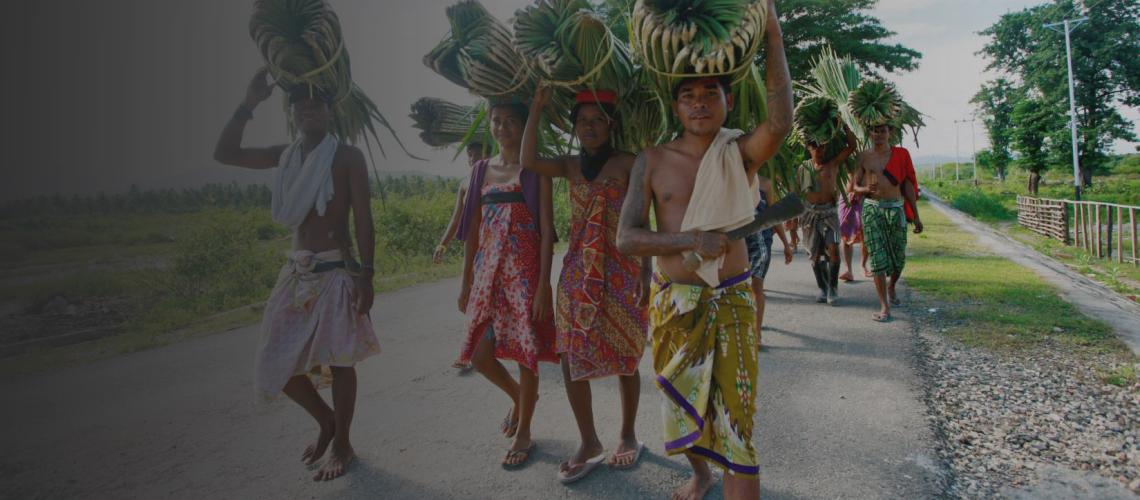
Photo: © UN Timor-Leste
Linking investments, partners and SDGs
Where is the money going?
Where we work
UN Timor-Leste Country Team
Resident Coordinator Office
1 / 3
UN Entities in Timor-Leste
1 / 24
UN Key Documents
UNDAF/United Nations Sustainable Development Cooperation Framework (CP)
UNDAF / CF START DATE
01 January 2021
UNDAF / CF END DATE
31 December 2025
START OF NEW CF CYCLE
01 January 2026
1 / 11
Latest news and updates
1 / 11















